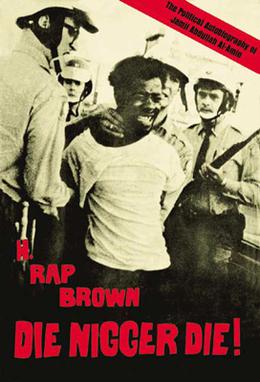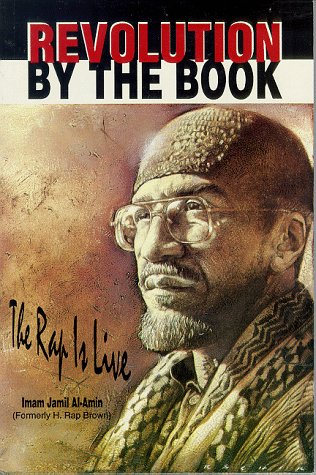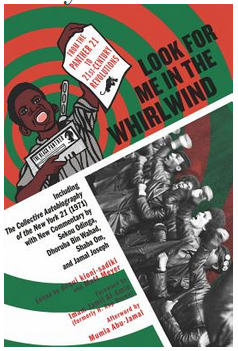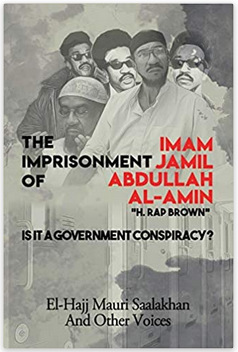Die Nigger Die!: A Political Autobiography of Jamil Abdullah al-Amin
More than any other black leader, H. Rap Brown, chairman of the radical Black Power organization Student Nonviolent Coordinating Committee (SNCC), came to symbolize the ideology of black revolution.

This autobiography—which was first published in 1969, went through seven printings and has long been unavailable—chronicles the making of a revolutionary. It is much more than a personal history, however; it is a call to arms, an urgent message to the black community to be the vanguard force in the struggle of oppressed people. Forthright, sardonic, and shocking, this book is not only illuminating and dynamic but also a vitally important document that is essential to understanding the upheavals of the late 1960s. University of Massachusetts professor Ekwueme Michael Thelwell has updated this edition, covering Brown’s decades of harassment by law enforcement agencies, his extraordinary transformation into an important Muslim leader, and his sensational trial.
The 2002 paperback reprint is available new and used on Amazon


